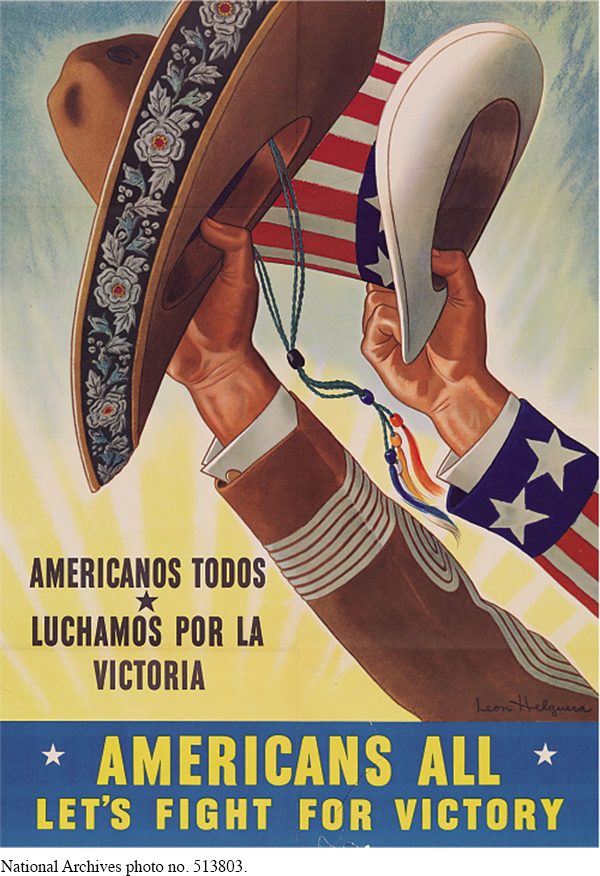The American Promise: Printed Page 713
The American Promise, Value Edition: Printed Page 650
The American Promise: A Concise History: Printed Page 740
Chapter Chronology
Like most Americans during the 1930s, Franklin Roosevelt believed that the nation’s highest priority was to attack the domestic causes and consequences of the depression. But unlike most Americans, Roosevelt had long advocated an active role for the United States in international affairs.
The depression forced Roosevelt to retreat from his previous internationalism. He came to believe that energetic involvement in foreign affairs diverted resources and political support from domestic recovery. Once in office, Roosevelt sought to combine domestic economic recovery with a low-profile foreign policy that encouraged free trade and disarmament.
Roosevelt’s pursuit of international amity was constrained by economic circumstances and American popular opinion. After an opinion poll demonstrated popular support for recognizing the Soviet Union—an international pariah since the Bolshevik Revolution in 1917—Roosevelt established formal diplomatic relations in 1933. But when the League of Nations condemned Japanese and German aggression, Roosevelt did not support the league’s attempts to keep the peace because he feared jeopardizing isolationists’ support for New Deal measures in Congress. America watched from the sidelines when Japan withdrew from the league and ignored the limitations on its navy imposed after World War I. The United States also looked the other way when Hitler rearmed Germany and recalled its representative to the league in 1933. Roosevelt worried that German and Japanese actions threatened world peace, but he reassured Americans that the nation would not “use its armed forces for the settlement of any [international] dispute anywhere.”

Americans All The good neighbor policy emphasized the common interests of the United States and its Latin American neighbors. One consequence of the policy is illustrated by this World War II poster, which asserts the shared goal of Uncle Sam and sombrero-wearing Latin Americans to defeat the Axis powers. Above all, the United States sought to prevent Latin American nations from allying with Germany or Japan.
National Archives photo no. 513803.
